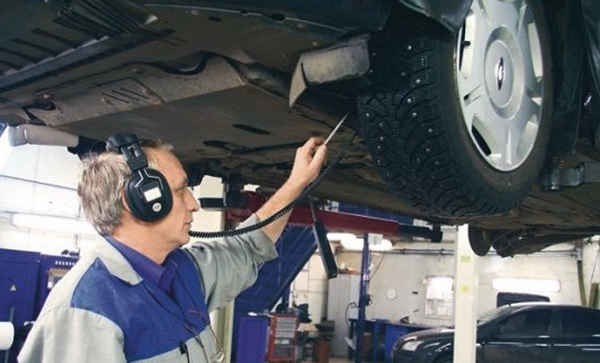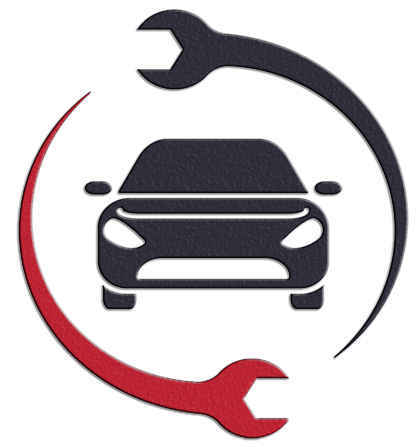Why is my car creaking?

Exploring Potential Causes:
Suspension Troubles
- Over time, the rubber bushings in your car’s suspension system may wear down, resulting in audible creaks while driving.
- Additionally, worn or damaged shocks and struts can contribute to creaking, especially when traversing uneven terrain.
Steering System Issues
- Loose tie rods or faulty ball joints can manifest as creaking sounds, particularly noticeable during steering maneuvers or when navigating rough roads.
Brake System Concerns
- When brake pads become worn, they can create a metal-on-metal creaking noise as they make contact with the rotors.
- Sticking or misaligned brake calipers can also generate creaking sounds during braking actions.
Exhaust System Anomalies
- Loose or broken hangers supporting the exhaust system can lead to components knocking against the undercarriage, resulting in creaking noises.
Body and Chassis Challenges
- Loose or improperly secured body panels may rub against each other or the chassis, causing creaks, particularly noticeable during acceleration or over uneven surfaces.
- Structural damage to the vehicle’s frame can also induce creaking sounds, especially when under stress, example: during cornering or driving over bumps.
Actions to Take

- Suspension Inspection: Thoroughly examine suspension components for signs of wear or damage. Promptly replace worn bushings, shocks, or struts to restore smooth operation.
- Steering System Check: Have tie rods and ball joints inspected for wear or looseness. Replace any compromised parts to ensure safe steering performance.
- Brake System Evaluation: Assess brake pads, calipers, and rotors for wear and tear. Replace worn brake pads and address caliper issues to eliminate creaking during braking.
- Exhaust System Examination: Examine the exhaust system thoroughly to check for any loose or damaged hangers. Replace any hangers that show signs of wear or damage to prevent components from coming into contact with each other, thus eliminating the possibility of creaking noises.
- Body and Chassis Assessment: Check for loose or damaged body panels and evaluate the vehicle’s frame for structural integrity. Secure loose panels and address frame damage to eliminate creaking noises.
Additional Information

Creaking sounds in your car may indicate minor issues or signal more serious problems requiring immediate attention to prevent further damage.
Regular maintenance and inspections are crucial for identifying and addressing potential sources of creaking noises early, reducing the risk of more costly repairs down the line.
Ignoring creaking sounds in your car can pose safety hazards and lead to further vehicle damage.
It’s crucial to promptly address any abnormal sounds to uphold both the safety and performance of your vehicle.












